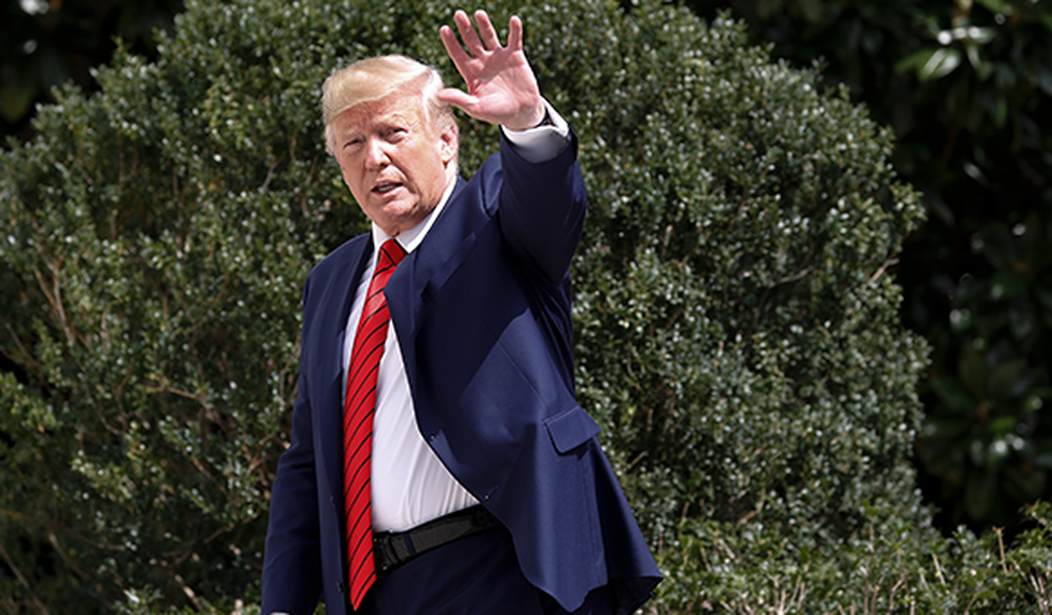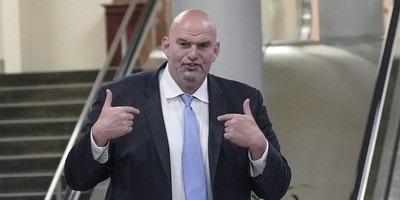Pregnancy centers are routinely mocked and attacked while providing aid to pregnant women and their unborn babies. But one pregnancy center leader recently received praise – at the White House.
On September 27, President Trump made remarks celebrating a pregnancy center founder during a Hispanic Heritage Month reception held at the White House. His comments went largely unnoticed by the media, many of whom condemn pregnancy centers – places pregnant women and new moms can turn to for free help – as “fake.”
Among other things, the reception aimed to recognize the “exceptional achievements of our incredible Hispanic American community,” President Trump said. That included the work of Martha Avila, president and co-founder of Heartbeat of Miami Pregnancy Health Medical Clinics.
President Trump commended Avila for “doing an incredible job” by helping “thousands of mothers choose life.”
According to Heartbeat of Miami’s website, the nonprofit has saved more than 40,000 babies while pursuing its mission to “help to women and couples with an unplanned or unwanted pregnancy through the gospel of life and the message of hope.”
President Trump invited Avila to use her own words to describe her work.
“Let us know about the great job you’ve done,” President Trump said. “I already know, but they don’t.”
A Cuban American, Avila began by stressing that while “Hispanics and African Americans are the minority,” they “form the majority of abortions in our country.”
“One out of two pregnancies of African Americans ends up in abortion, and one out of three Hispanic pregnancies ends up in abortion,” she said. “And that saddens me.”
She’s right about a discrepancy. For the year 2014, a report by the Guttmacher Institute, a research group once affiliated with Planned Parenthood, calculated an abortion index, or “the proportion of abortion patients in a given subgroup (e.g., a particular age-group) relative to the proportion of all U.S. women aged 15–44 who are in that same subgroup.”
Recommended
“If these proportions are the same—indicated by an index of 1.0—the subgroup’s relative abortion rate is the same as the overall national rate,” it reported.
It found that while “White women were slightly underrepresented among abortion patients in 2014, having an abortion index of 0.7” “black women were substantially overrepresented, with a relative abortion rate of 1.9.” Hispanic women were also overrepresented (1.2).
The most recently released Centers for Disease Control and Prevention’s Abortion Surveillance report for 2015 confirmed similar findings, even though, unlike the Guttmacher Institute, it misses data from certain states.
“Non-Hispanic white women had the lowest abortion rate (6.8 abortions per 1,000 women aged 15–44 years) and ratio (111 abortions per 1,000 live births),” it read, while “non-Hispanic black women had the highest abortion rate (25.1 abortions per 1,000 women aged 15–44 years) and ratio (390 abortions per 1,000 live births).”
Avila continued her speech after thanking President Trump.
“We — over 3,000 pregnancy clinics throughout the nation, with very limited resources — are doing this labor of love for those that don’t know what to do,” she urged. “They’re confused. They don’t have a way out, and they think that abortion is the only solution.”
Pregnancy centers, she said, allow them “the opportunity to parent their babies, and the opportunity of a plan of adoption.”
“That is what we do,” she urged. “So pregnancy clinics are good for America. And one day, abortion will be unthinkable — unthinkable in our country.”
Among other things, pregnancy centers provide pregnant women and new moms with free housing, medical supplies, clothing, and educational classes. Heartbeat of Miami is no exception. According to its website, its services include, “include pregnancy tests, sonograms, peer counseling, parenting education, adoption referrals, and opportunities to learn about healthy sexual values and personal growth.”
Those services make a difference. The website shares stories and pictures of babies saved through Heartbeat of Miami’s work. There’s Baby Abigail, who survived an attempted abortion after her 19-year-old mother found out she was pregnant. Baby Genesis’ mom had a change of heart after seeing her ultrasound. There’s also Baby Daniella, who was prenatally diagnosed with Down syndrome. Her mom chose life – and after giving birth discovered that her baby didn’t have Down syndrome after all.
Abortion supporters and the media might call them “fake,” but pregnancy centers do real work – from offering women choices to saving human lives.

























Join the conversation as a VIP Member